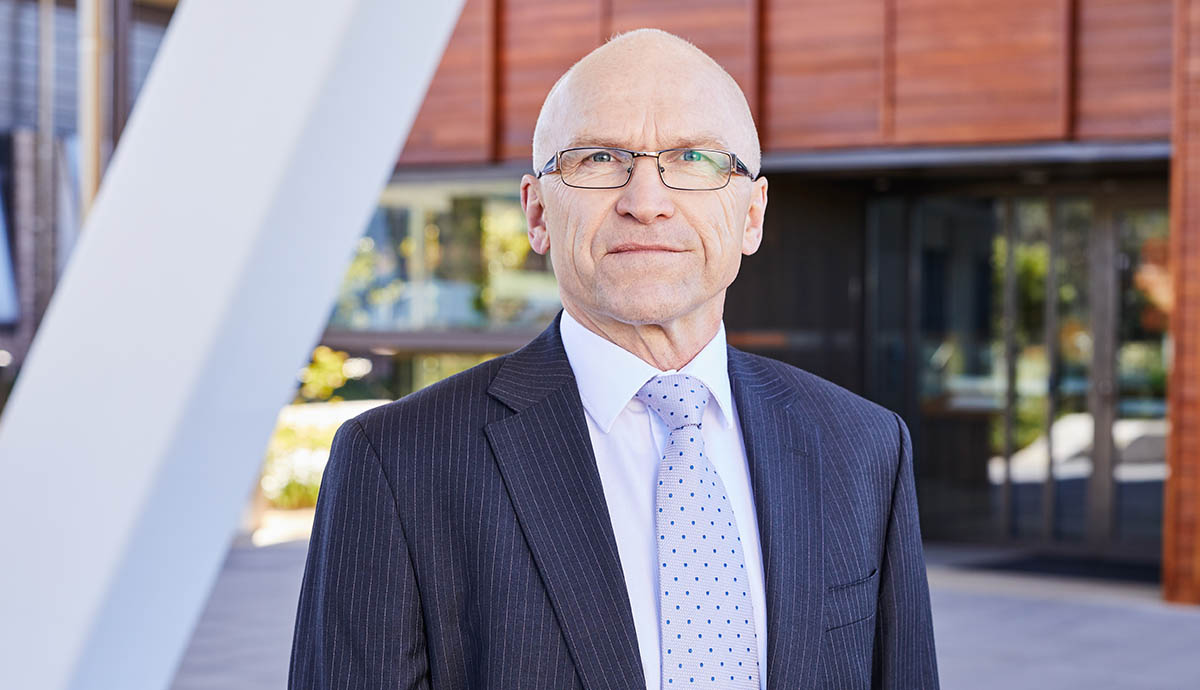August 6, 2018
Low carbon and low income: a national challenge
Forum to address ‘wicked problem’ of affordable energy and healthy homes for low-income households
Helping low-income families reduce their power bills without increasing their health risks will be addressed at a national forum hosted by the CRC for Low Carbon Living (CRCLCL).
The forum, Low carbon homes for low income households, to be held at the University of Wollongong (UOW) on Wednesday 8 August, will generate a better understanding of the energy-related challenges faced by low-income households.
A key theme of the forum will be determining ways of delivering housing that is both affordable and energy efficient to help low-income households lower their energy bills without making them vulnerable to adverse health impacts.
UOW’s Sustainable Buildings Research Centre (SBRC), a CRCLCL research partner, has found that with the exponential rise in national energy prices, low income and vulnerable residents often report having to choose between paying for fuel and purchasing essential items like food or medication.
Yet, the potential health benefits of energy efficiency interventions for low-income households is not well understood and is not currently captured in cost-benefit analyses for home retrofits.
SBRC Director Professor Paul Cooper (pictured above) said vulnerable groups, such as the sick, the elderly, and the unemployed, are more likely to live in poor quality housing, to spend a greater amount of time at home, and to be exposed to poor quality indoor environments.
“For many older, low-income people, energy use is often seen through the lens of thrift, they don’t want to be seen as frivolous or wasteful,” Professor Cooper said.
“This frugal use of energy in low-income homes can be problematic because it is often achieved at the expense of essential items and services, and is likely to have adverse impacts on householders’ health and wellbeing.
“Vulnerable occupants also frequently report having strong feelings of anxiety, guilt and fear in respect of their forthcoming energy bills. Provision of affordable and sustainable energy for all households should be our ultimate long-term goal.”
An ongoing CRCLCL project led by SBRC, aims to demonstrate how social housing providers can cost-effectively upgrade their housing stock to improve energy efficiency and thermal comfort.
Social housing tenants are vulnerable to energy price rises, yet researchers believe there are substantial cost and health benefits to be made with relatively minor changes in building and maintenance practices.
Professor Cooper said previous work has demonstrated that simple measures such as replacing a hot water system can provide significant energy use reductions and cost savings.
“As we progress we’ll be able to quantify whether more substantial upgrades can reduce energy use and improve comfort. An outcome like that has the potential to recast how we think about the cost-benefit assessment of energy efficiency for social housing as well as intervention and support schemes for low-income families living in existing energy-inefficient, unhealthy and uncomfortable houses.”
The forum will feature speakers from universities, social housing providers, and government agencies among others.
Kellie Caught, Senior Advisor at the Australian Council of Social Service, and Jonathan Leake, Director of Business and Built Environment at Sustainability Victoria will deliver keynote addresses.
